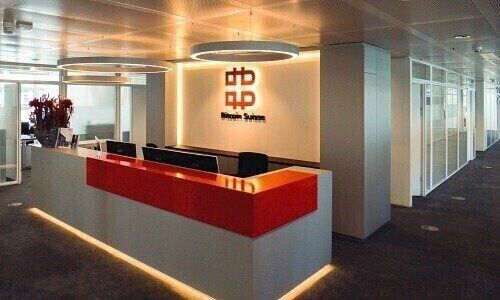A bleak future has been prophesied for Swiss private banks for years because of their antiquated business model, but a barely noticed metric tells another story.
Swiss private banks are under great pressure to change since the old business and growth models stopped working.
This can be seen in the continual consolidation and constantly falling number of these institutions in Switzerland. However there are exceptions and this is reflected in their share performance.
Consultancy IFBC has been running a private bank index since 2016, in which there were originally six but since this year just five exchange-listed banks.
Respectable Performance
With the departure of the Banque Profil de Gestion (it merged with One Swiss Bank, but is still listed), these are EFG International, Julius Bär, Liechtensteinische Landesbank (LLB), Vontobel and VP Bank.
A report published by IFBC on Friday shows that the share prices of these banks have put in quite a respectable performance. The IFBC Private Bank Index rose 70.1 percent between January 1, 2016 and June 30, 2021, reasonably in line with the broader Swiss Performance Index which rose 71.9 percent. The private banks were not far behind the retail banks which rose 76.8 percent over the same period.
Vontobel up the Most, Julius Bär the Fastest
Since the start of 2020 the driver of the rise in the Private Bank Index was Julius Bär which, IFBC said, had recovered the fastest from the effects of the coronavirus pandemic.
However, going back to 2016, Vontobel is in the lead with a rise of 91 percent, followed by LLB on 82.6 percent.
Geneva Champions
Most Swiss private banks are not listed and held privately. IFBC picked out a list of champions from the privately held ones using economic profit, the return on regulatory equity, as its metric.
According to the consultancy, Geneva-based private bank Pictet made an economic profit of 485.5 million francs ($528.2 million), but this does not make Pictet the top performer but Lombard Odier.
Lombard Odier made an economic profit of 265.1 million francs, but on return on equity it beat Pictet. To work this out IFBC calculated the difference between the return on regulatory equity and the cost of equity. At Lombard Odier this difference was 48.7 percentage points compared with 32.1 at Pictet.
Using this methodology IFBC put the Bern-based Privatbank von Graffenried (28.4 percentage points), die Geneva-based Mirabaud (26.2) and Compagnie Bancaire Helvetique (23.9).
Cost Pressures Ongoing Problem
IFBC also made a comparison with retail banks which showed a wide gap. In contrast to the retail banks the share-price-to-profit ratio of the listed private banks was narrowing, which the consultancy put down to diminishing expectations about future performance.
IFBC noted a large fall in the profit per employee of 28 percent year on year in 2020 to 60,000 francs and back where it was in 2016.
The private banks’ cost-income ratio had risen for the third year in a row at the end of 2020 at a median of 84.2 percent, 19.1 percentage points higher than the retail banks.



































